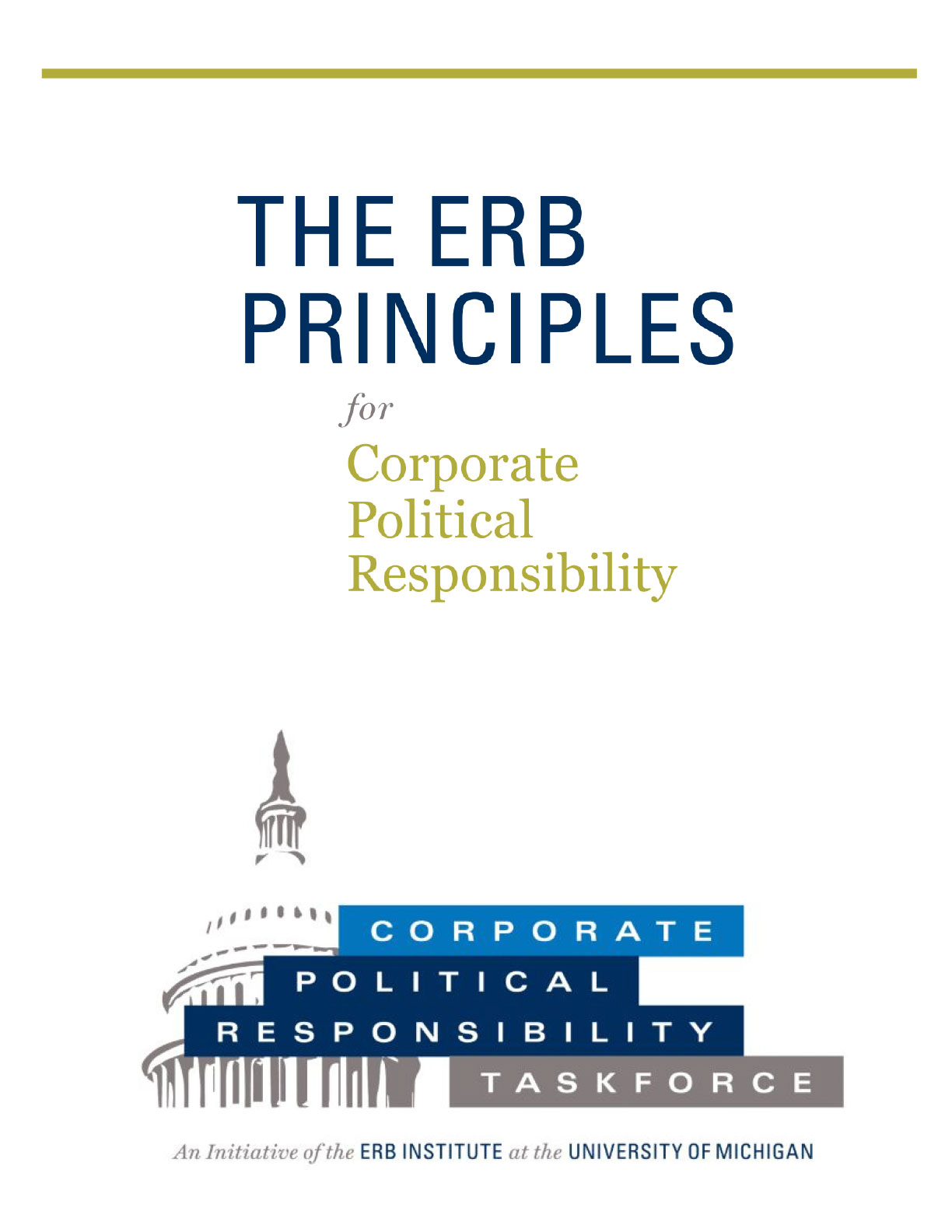Do you have a resource to recommend for The CPR Hub? Please reach out and we will review it for future updates!
Democracy Playbook 2025: Seven Pillars to Defend Democracy in 2025 and Beyond
This third edition of the Democracy Playbook offers evidence-based best practices for reversing democratic backsliding, to help citizens and stakeholders reclaim good governance, transparency, and the rule of law, and strengthen democratic resilience. It outlines how the business sector has historically supported these efforts by fighting corruption (Pillar 3) through actions like opposing state capture, supporting anti-corruption laws, and protecting whistleblowers, in addition to making democracy deliver (Pillar 7) through fair wages, labor rights, and investment in underserved communities. It calls on companies to continue this role, emphasizing that democratic stability is essential for reducing risk and sustaining long-term economic opportunity.


